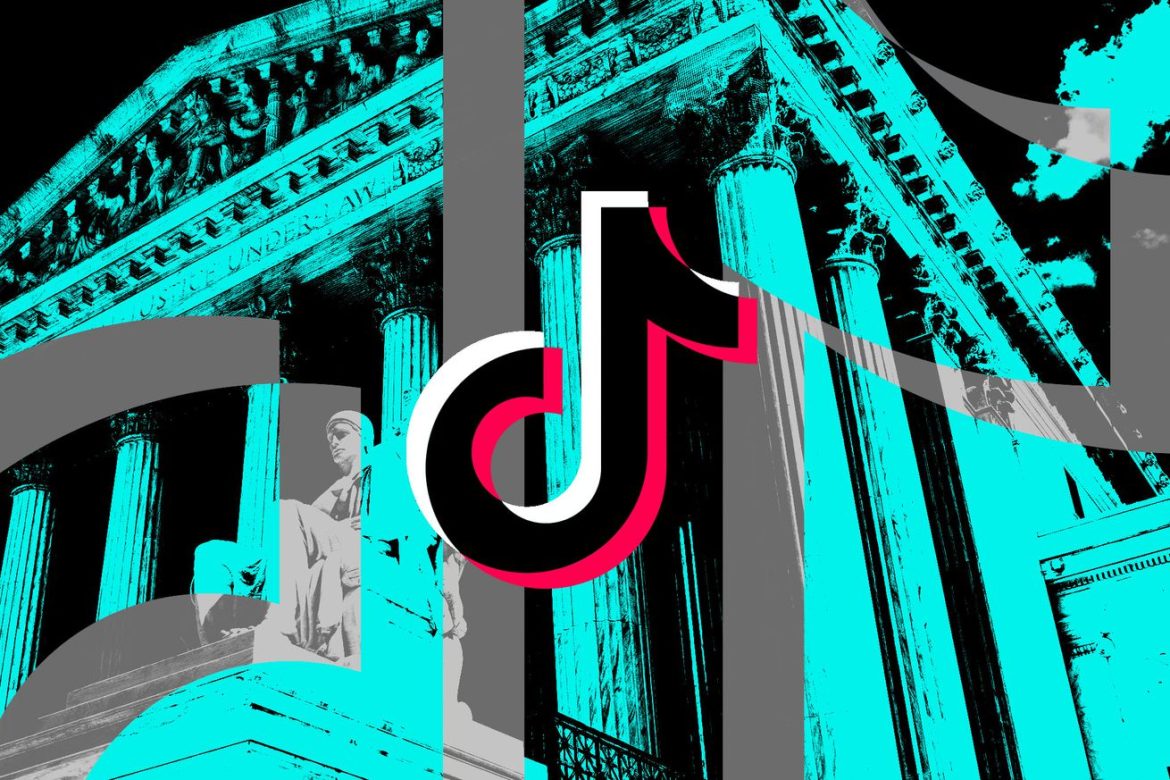
When the Supreme Court upheld a law that banned TikTok from the US, it seemed well aware that its ruling could resonate far beyond one app. The justices delivered an unsigned opinion with a quote from Justice Felix Frankfurter from 1944: “in considering the application of established legal rules to the ‘totally new problems’ raised by the airplane and radio, we should take care not to ‘embarrass the future.’”
Last Friday, the court tried to accomplish this with a narrow ruling: a decision that upheld the government’s ability to ban one service on a tight timeline, while stressing a limited scope concerning “new technologies with transformative capabilities.” Yet, amid a confounding political circus over TikTok, some legal experts believe the Supreme Court’s ruling could have a broad ripple effect on speech and tech law — they’re just not agreed on what it would be.
“Even though it’s narrowly written, it also seems clear that they want to make a mark on these kinds of questions,” says Sarah Kreps, director of the Tech Policy Institute at Cornell University’s public policy school. University of Chicago law professor Genevieve Lakier put it more bluntly on Bluesky: “The Court…
Read the full story at The Verge.

